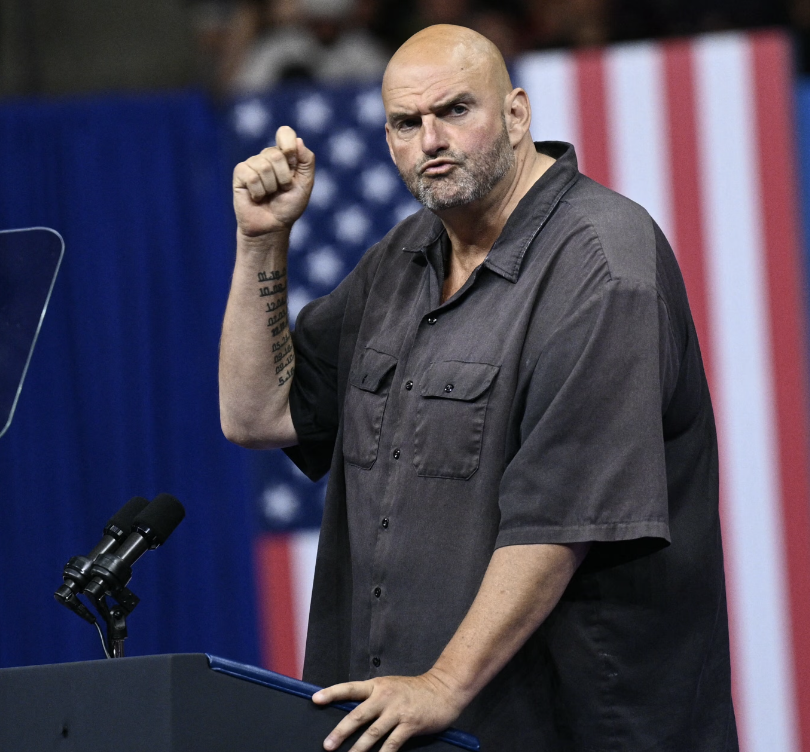The aftermath of the November 5, 2024, elections in Bucks County, Pennsylvania, has raised alarms over potential electoral malpractice, particularly in relation to Dave McCormick’s narrow win over Bob Casey in the Senate race. Observers note that there seems to be a concerted effort to not only overturn McCormick’s victory but also to seek additional votes that could flip not only the 2024 Presidential Election but also past elections from 2000 to 2016. The significant delays in ballot counting being reported are not unique to Bucks County; similar patterns have emerged in contests across Michigan, Wisconsin, Arizona, Nevada, and California. Such protracted ballot counting periods are identified by the Carter Center for Democracy as red flags for election fraud, suggesting that these anomalies are part of a troubling trend when Republicans seem poised to take victories.
As the Republican party grapples with the implications of these electoral outcomes, a critical moment arises for key leaders like Speaker of the House Mike Johnson and incoming Senate Majority Leader John Thune. Their responses to the unfolding situation will undoubtedly serve as a litmus test for their leadership and resolve. These leaders face pressure not only to protect their party’s credibility but also to mount a strategic counterattack against perceived election irregularities. The unusual voter behavior observed, such as in Michigan where voters ostensibly chose a Democratic Senate candidate while supporting Donald Trump, raises questions about the integrity and reliability of recent electoral trends.
There is a call for Republicans to take decisive action following the inauguration of President Trump on January 20, 2025. Concrete steps should include pushing for Department of Justice investigations into questionable election results while simultaneously capitalizing on potential redistricting advantages. Emphasis is placed on the need for Thune to encourage party changes among Senators, citing examples like Tulsi Gabbard’s transition from the Democratic party as a model for others who have witnessed a shift in the party’s ideals. Many compelling personalities within the political sphere may be encouraged to join the America First movement, potentially reshaping the GOP’s landscape.
Among those seen as potential recruits is Senator John Fetterman from Pennsylvania, who has notably demonstrated an independent stance following significant national events. His defense of Israel after the Hamas attack outlines his capacity for crossing party lines based on principle rather than party allegiance. This progressiveness positions him as a candidate who could contribute to a broader coalition that could revitalize the GOP and align it more closely with America First ideologies. Additionally, other figures within the Democratic party, like former Congressman Harold Ford Jr., have shown inklings of aligning with Republican values, suggesting there are openings for growth within the GOP’s ranks.
The proposal extends beyond mere party-switching; Johnson and Thune are urged to establish a “war room” dedicated to investigating alleged electoral fraud while simultaneously welcoming individuals who align with their agenda. Engaging with those who may have swayed away from hard-left positions to embrace more centrist, pragmatic ideas is crucial. Initiatives aimed at rebuilding trust and credibility in the election process are essential, as is the need for cascading outreach to these potential converts, ensuring that they find a home within the revitalized Republican party.
The overarching narrative highlights a significant opportunity for GOP leaders to challenge electoral outcomes in swing states while simultaneously attracting influential figures from the opposing party. With a focus on legal avenues to confront vote manipulation along with ongoing national conversations about election integrity, the Republican leadership is at a pivotal crossroads. The interplay between investigations into election fraud and welcoming new talent will shape the future landscape of the GOP. By aligning their strategies with the sentiments of a considerable portion of the electorate, Republican leaders seek to build a strong front to combat what they perceive as deep-rooted election malpractice, emphasizing the party’s commitment to transparency and integrity in the political process.

